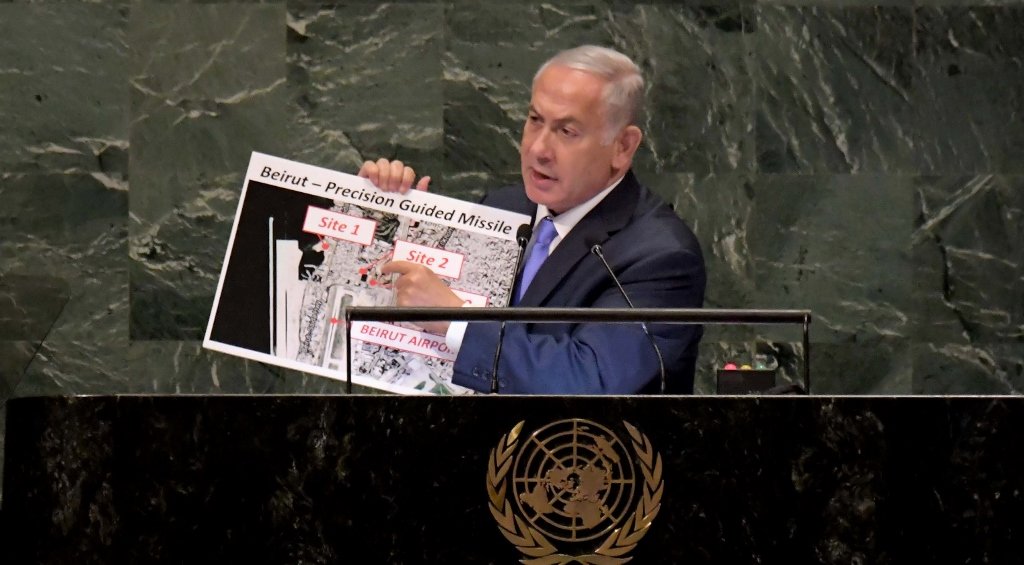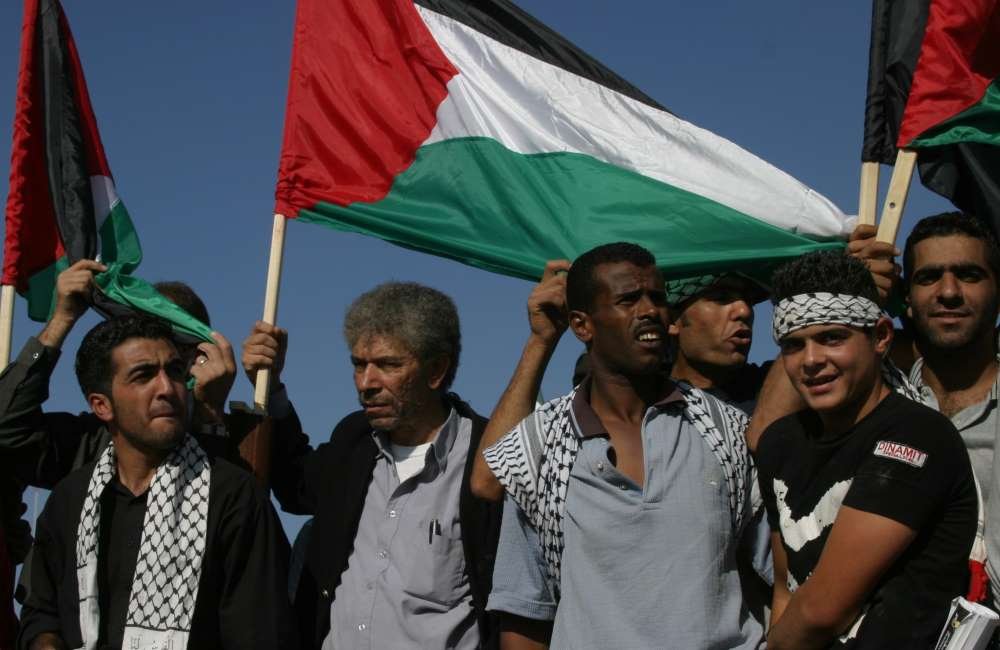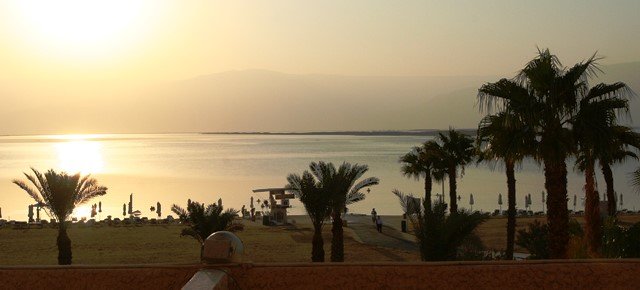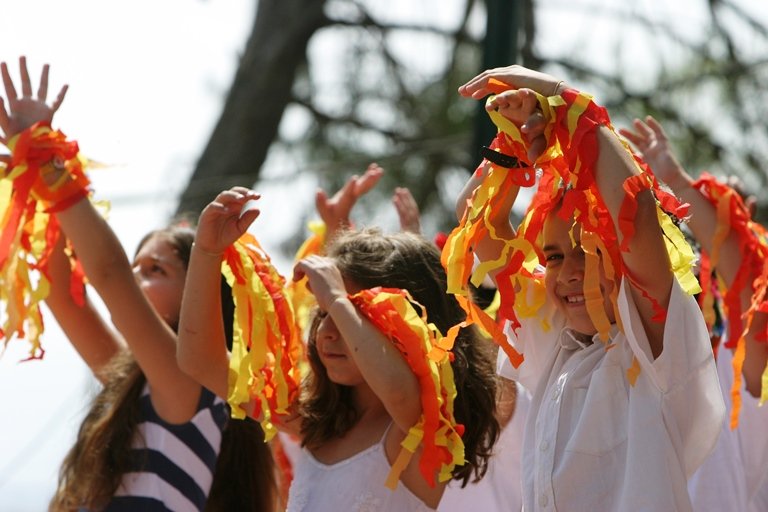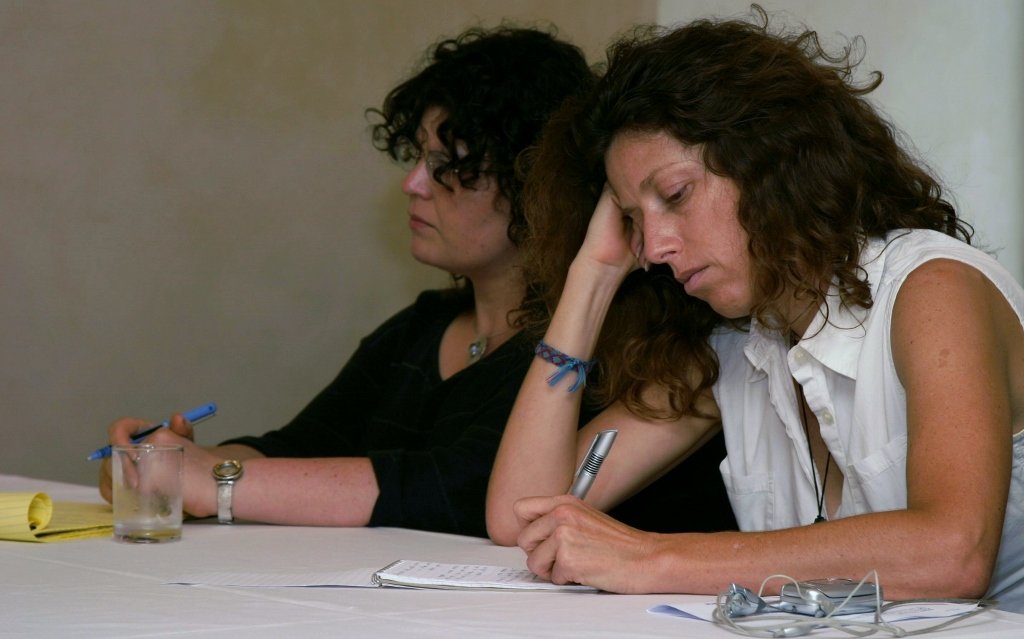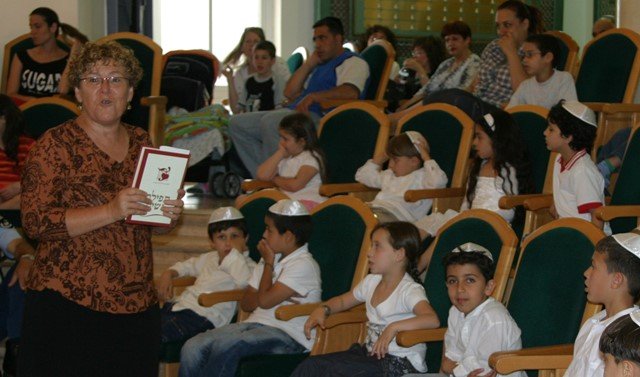Share This Story, Choose Your Platform!
“Israel is the greatest threat in the Middle East.” Iran’s President Hassan Ruhani tried to convince the world of this. With such announcements on September 25, 2018, in front of the 73rd plenary session of the United Nations General Assembly in New York, he not only defied Donald Trump. Just before the US president had dedicated his own speech to a large extent to “the corrupt dictatorship in Iran.” Trump had accused Ruhani’s regime of sowing “chaos, death and destruction in Syria,” plundering his nation’s resources, and spreading “mayhem across the Middle East and far beyond.”
Obviously, the Iranian president hoped for credit points in the Islamic and Arab world with his anti-Israeli statements. He urgently needs them. Because in the oriental hank of conflicts the mullah regime in Teheran is one of the best hated players in the arena, not just with the Americans or Israelis, but even with Arabs and Sunni Muslims.
Threats of Annihilation
The tensions between Israel and Iran are about a conflict in which one side (i.e., Iran) threatens the other (i.e., Israel) with annihilation, or at least predicts its destruction. “The eyesore Israel must go,” is heard from Tehran again and again.
The Jewish state of Israel takes such statements very seriously. Two days after Trump and Ruhani, Prime Minister Benjamin Netanyahu stressed before the UN General Assembly, that Iran in general, and the nuclear deal with it in particular “threatens our future, even our very survival.”
Focal Point Syria
Currently, the focal point of the Iranian-Israeli conflict is Syria. The country torments itself towards the end of a bloody civil war. Israel wants to prevent Iran from settling in Syria during this transitional period. In addition, the Israeli military is trying to prevent arms shipments from Iran to reach the Shiite Hezbollah militia in Lebanon. Hezbollah has already targeted more rockets and missiles at Israel than NATO – excluding the United States – even possesses.
Normally, official Israel is silent when “sources from abroad” claim that Israel’s military has been active beyond its country’s borders. At the beginning of September 2018, however, Israel admitted it had bombed more than 200 Iran-related targets in Syria since 2017. Netanyahu threatened Iran: “We will continue to act against you in Syria. We will act against you in Lebanon. We will act against you in Iraq. We will act against you whenever and wherever we must act to defend our state and defend our people.”
Failures
Netanyahu’s words were highly relevant, if not explosive. In mid-September, the Israeli air force had attacked army bases in the northern Syrian port city of Latakia. In this context, a Russian military aircraft was shot down by Syrian air defense. Fifteen Russian servicemen were killed.
Since Russia intervened massively in Syria’s civil war and turned the fate in favor of Bishar Assad, Russians and Israelis were coordinating their movements in Syrian airspace. In this case, this coordination seems to not really have gone well. Russian ground-to-air missiles of the Syrians caused the crash of the Russian plane.
Impenetrable Jumble
The downing of the Russian Ilyushin Il-20 illustrated how complicated this conflict is. Not a single front line is really understandable until a dozen other interests are considered. The Iranian-Israeli relationship cannot be explained, without considering Russia’s position, its relation with the Americans and the Europeans. Conflict zones like the Ukraine may play a role –to give just one example. There is hardly a state on our planet that is not involved in one or the other way in the Syrian conflict. The interests of those involved are often contradictory on several sides.
Israel as a Security Guarantee
Not even the Iranian view of Israel is one-dimensional. Thus, it is being reported these days from Iran, that people there see Israel as a security guarantee in view of the United States. “As long as we have Israel as hostage through Hezbollah and Syria, the US and Saudi Arabia will not attack us.”
As a matter of fact, the hatred between Iranians and Arabs is much greater than the tension between the Islamic Republic of Iran and the Jewish state of Israel. The abyssal, often deadly enmity between Shiites and Sunnis also plays a role here.
Conflict Hotspot Gulf Region
This double front line between Shiites and Sunnis, as well as between Iranians and Arabs, was revealed on September 22 in the Iranian city of Ahvaz. During a military parade of the Iranian Revolutionary Guards commemorating the Iran-Iraq war in the 1980ies, terrorists disguised as soldiers opened fire. 25 people were killed, more than 60 injured. Ahvaz is the capital of the Khuzestan region. There, right on the border with Iraq, the largest part of Iran’s Arab minority lives.
After only a few days, the authorities identified five assassins and accused Arab separatists. Iran’s Supreme Leader Ayatollah Ali Khamenei blamed Saudi Arabia and the United Arab Emirates for the attack. At least two of the Arab terrorists also appeared in a video of the Islamic State, which wished to take responsibility.
Soon, threats from Iran’s Revolutionary Guards surfaced on the Internet to launch missiles at Riyadh and Abu Dhabi. Twice, Iran has used ballistic missiles over the past few months: Once targeting the Islamic State in Syria, another time against Iranian-Kurdish separatists in northern Iraq.
Iran’s missile program is in the hands of the paramilitary Revolutionary Guards, who answer directly to Khamenei. With a range of 2,000 kilometers, they not only threaten Gulf States such as Saudi Arabia and the United Arab Emirates, but also American military bases in the region and Israel.
The Ahvaz attack shows that Iran is experiencing the threat immediately “on its doorstep,” if not “in its living room.” The tensions in the Gulf region are present not only between states and regimes, but also within them. This applies to the Arab-Sunni minority in Iran as well as to Shiite minorities in Saudi Arabia.
Yemen and the Horn of Africa
For years Iran has fought a bloody war with the sheikhs of the Arabian Peninsula through its proxies, the Houthi rebels in Yemen. The Yemeni civil population carries the suffering. This war receives comparatively little attention in the world public, but is very present in the consciousness of the people in the Middle East.
From an Israeli point of view, the meddling of the Islamic Republic in the south of the Arabian Peninsula is a sensitive matter. Through the Red Sea and the Horn of Africa, a crucial economic artery of Israel is leading to Southeast Asia. As a result, Netanyahu reminded the delegates at the UN General Assembly not only of what Iran is doing to Kurds and Sunnis, in Lebanon or the Gaza Strip, but also of its threatening the “freedom of navigation in the Straits of Hormouz and the Strait of Bab al Mandeb.”
The Positive Side of the Iran Deal
For years Netanyahu has been railing against the so-called “Joint Comprehensive Action Plan,” in the framework of which the five permanent members of the UN Security Council plus Germany and the EU have been taking care of the Iranian nuclear program since July 2015. Trump has terminated the US’s participation.
Now, it is Netanyahu of all world leaders, who sees something positive from this deal: “It brought Israel and many Arab states closer together than ever before, in an intimacy and friendship that I’ve not seen in my lifetime and would have been unimaginable a few years ago.”
Thus, Saudi Arabia has been presenting itself noticeably pro-Israeli lately. Apparently, the Saudis are very afraid of Israeli-Iranian reconciliation. Just consider: The dispute between Israel and Iran exists only at the level of the governments. A regime change in Iran could change everything overnight.
A regime change may be more important to the people of Iran than to the government in Jerusalem. The majority of Iranians are not only far less religious than their regime. To a large extent, they are also suspicious of Islam, a religion that is inextricably linked to Arab culture that is so much hated and despised in Iran.
Saudi Arabia’s conflict with Iran, in contrast to the Israeli-Iranian conflict, goes much deeper and exists at a number of levels. It is racist: Arabs versus Iranians. It is religious: Shiites against Sunnis. And it exists on a political level: Iran is a republic and the country may proudly refer to a democratic tradition. Saudi Arabia is the dictatorship of a family clan.
The Mene-Tekel on the Wall
An imminent regime change in Iran cannot be dismissed as impossible, even on a superficial level of observation. The “Mene-Tekel” is written on the wall, just as it was once with the biblical King Belshazzar (Daniel 5). Public statements by former President Mahmoud Ahmadinejad testify to this. On radio, he openly promised his compatriots an improvement in the miserable economic situation, would they make him their president again: “If not, you can hang me and my family.”
The Iranian economy is experiencing a breathtaking decline. As a result, demonstrations had already started in December 2017, spreading to more than 80 cities and claiming at least 25 deaths. This is not only due to renewed American sanctions, but also to a terrible nationwide drought catastrophe.
In front of exchange offices, people are desperately pleading with tourists to sell them US dollars or euros. Many only trade in gold or invest their values in carpets. Shops are closed. The Iranian rial has lost 75 percent of its value in the first three quarters of 2018 alone.
First Class Shows, …
Netanyahu’s strategy against the Iranian regime is not limited to first-class show performances, such as the one at the end of April 2018. At the time, he disclosed to the international press that Israeli intelligence had stolen half a ton of Iranian documentary material from its highly secretive nuclear archive: The proof that Iran had actually worked on a nuclear bomb.
Netanyahu also used the successes of his intelligence services in his most recent appearance before the UN General Assembly. His basic message to the world public: Iran lies when it claims to have never worked on a nuclear bomb.
… A Sense of Reality…
The soccer World Cup in summer 2018 revealed how complex, even contradictory, Israel’s relationship with Iran is. Somehow, Israeli television reporters got into a group of Iranian football fans. The Iranians were quite keen to tell Israel’s public: “We Iranians love you Israelis!”
At the same time, in a district of Jerusalem, fans of the Iranian team cheered on “their” team during the match against Spain. It is not difficult in Israel’s everyday life to run into one of the 350,000 Iranian Jews who dream of the good old days in Isfahan or Tehran.
Israel’s number one football fan, Benjamin Netanyahu, made no secret of his enthusiasm for the Iranian footballers and hoped: “One day, the Israeli soccer team will play against its Iranian counterpart in a free Iran.” He could not resist, however, a word to the Iranian government: “Can you imagine what your money could do if it was not spent promoting terrorism, in Syria and in Yemen, and instead would be spent to solve air pollution and water scarcity in Iran.” In doing so, Israel’s head of government poked in an open wound. An ever growing number of Iranians demand from their government: “Palestine, Syria are the reasons of our misery. Let go of Syria, think of us.”
… and Open Threats
Netanyahu is not only well informed about the situation in Iran. Openly, he addressed his “message for the tyrants of Tehran”: “Israel knows what you’re doing, and Israel knows where you’re doing it. Israel will never let a regime that calls for our destruction to develop nuclear weapons. Not now, not in ten years, not ever.”


